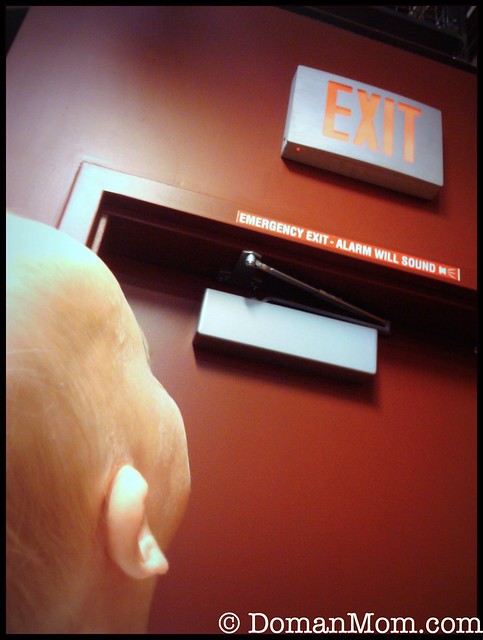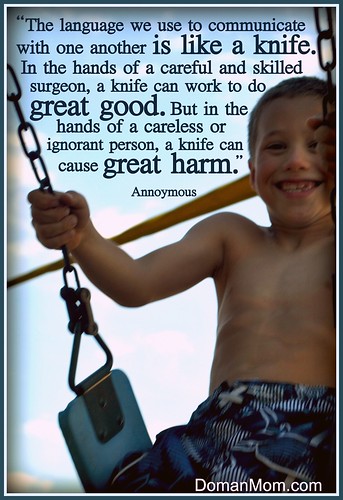The other night we were on Netflix watching the documentary film,
Being Elmo. I really didn't know what to expect out of the film. I honestly never put much thought into the talent and skill involved in really high quality puppeteering, but the story was fascinating, to say the least.
Kevin Clash, the voice, arm, and personality behind Elmo, tells his story as a young boy enamored by the puppets he watched on TV. His insatiable interest in puppeteering, volunteer work doing puppet shows throughout jr. high and high school, and his reaching out to the puppeteering greats, led for him to be recognized by the likes of Jim Henson, work on many big television shows and movies, and currently has him in the position of the Senior Puppet Coordinator at Sesame Street.
One thing that really struck a chord with me was when he told of a time when he was young, around 10 years old. One day, he found a trench coat that belonged to his father - on the inside of the coat was a black, furry material. "
Wow, that would make a great monkey" he remembered thinking.
Entranced, he cut it up and made a puppet monkey, which he proudly put on his parents' dresser. Only after the fact, as he saw it sitting there, did he start to get "
really concerned about what (my dad) would do to me."
And do you know what his dad's response was? He called his son into the room, and said calmly,
"What's his name?"
"Monee" said Kevin
"Next time, just ask" said his dad
I breathed a sign of relief as the suspenseful music stopped and the tension subsided.
And then, started thinking about his father's response.
When we are watching a film like this,
we already know the future. We know that this young boy will grow up to be one of the most talented puppeteers the world has ever seen.
We can listen to the stories of the little day to day events in his young life and see how they were just pieces in a much bigger puzzle that would shape his future, and we can clearly see how each piece did.
We are able to look and think,
"Wow. How would this boy's future have been different if his dad would have reacted in anger? If he would have yelled and told him what a stupid thing that was to do and would have gone on about how expensive that coat was, and how they can't afford to buy another one, and badgered him about being selfish and not caring about anyone besides himself? If he would have said, 'I don't want you making those silly puppets anymore if you're going to do things like this'?"
In retrospect,
we can see how just one little event like that - one moment of his father lashing out and getting fed up - could have completely altered his son's future. And, looking at what this boy went on to do with his life, we can see how that one event could have very well affected the future of millions of others, too.
Sometimes, as parents, we respond that way. We get caught up in the daily stresses of life and end up putting
more importance on things than we do on our kids' delicate souls.
But it's wrong. And it's not about whether or not what young Clash did was right - it wasn't right, and he knew it. But
we can never let a mistake from our child trigger an even bigger mistake from us - speaking in anger. Temporarily valuing the things more than the person, no matter how much that thing costs or how hard it will be to replace. Children are eternal, and things just aren't.
So today, parents, I want to encourage you as I was encouraged.
To remember that
no amount of early learning, or accelerated teaching, or whatever we do to help our child academically,
is going to make up for the impact that your attitude and words will have on your child's future.
We all want our kids to reach their potential. But sometimes we are looking in all the wrong places.
"Handle them carefully, for words have more power than atom bombs."
Pearl Strachan
But I tell you that men will have to give account on the day of judgment for every careless word they have spoken. For by your words you will be acquitted, and by your words you will be condemned.
Matthew 12:36-38








